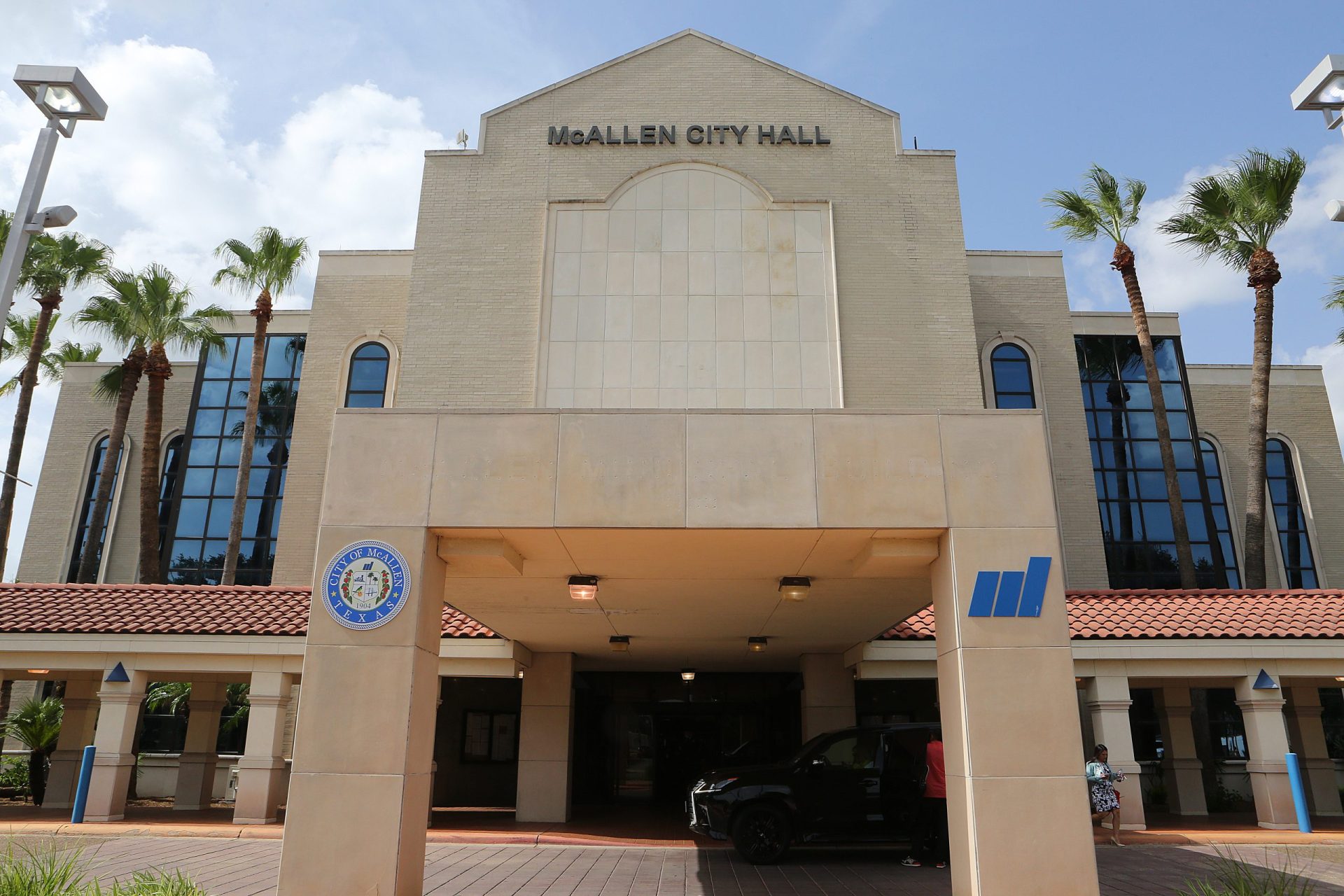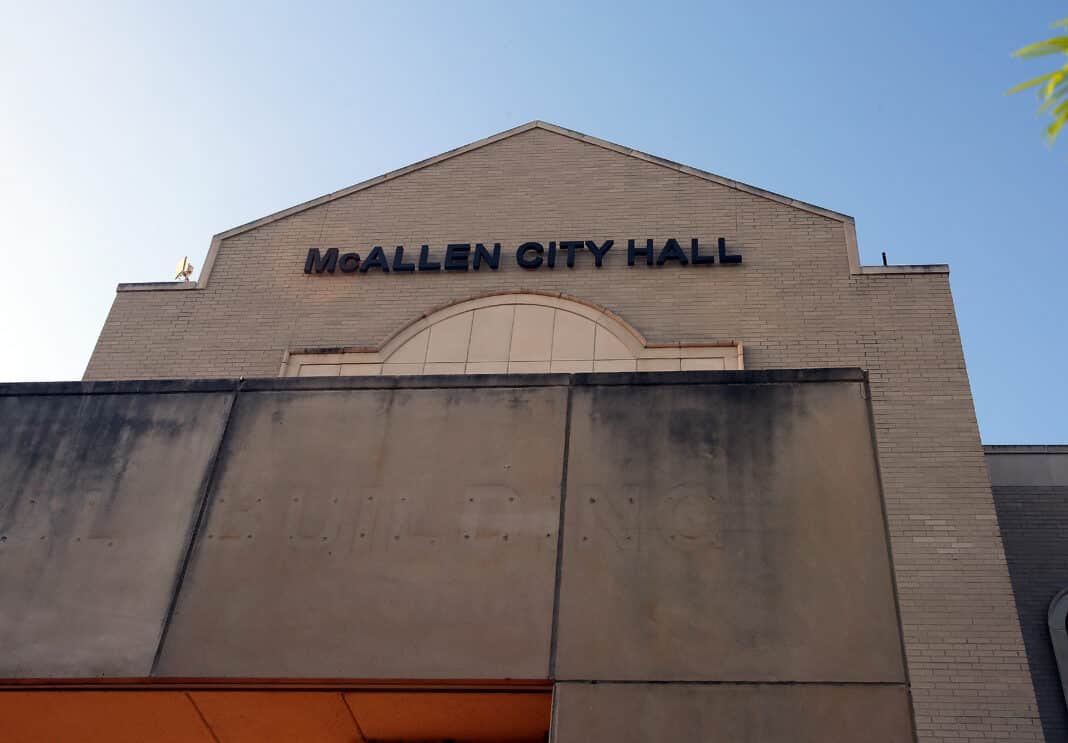|
Only have a minute? Listen instead
Getting your Trinity Audio player ready...
|
McALLEN — Officials here approved a $661 million operating budget and a 4.7% reduction in the property tax rate during a meeting at McAllen City Hall on Tuesday.
The unanimous approval of the fiscal year 2023-24 budget and tax rate by McAllen city commissioners marked the end of a six-month long process that City Manager Roel “Roy” Rodriguez referred to as “the big monster.”
“It’s a rigorous process that you all and this community should be very, very proud of,” Rodriguez told city commissioners Tuesday.
The budget includes a number of positives, such as pay raises for all city employees, nearly seven months’ worth of operating reserves, and millions for infrastructure and drainage improvement projects.
“It’s a very healthy one,” Rodriguez said of the budget. “It’s one that has a reserve — that our revenues exceed our expenses — which seems like an anomaly these days, but it’s something that you all worked very hard to do.”
City commissioners also approved a tax rate decrease of about 2.26 cents — from $0.4799 per $100 valuation in 2023, to $0.457285 in 2024.
It’s the second time in two years that the commission has voted to lower the tax rate, in part, because of how high property valuations have gone up.
Even with the rate decrease, between new construction and the higher property valuations, the city is expected to generate about $3.7 million more in property tax revenue compared to last year.
That’s a large part of why McAllen’s revenues are expected to exceed expenditures by just over $7.1 million, according to figures from a 95-page budget book the city published on Monday.
The city also continues to grow its unassigned fund balance, which is colloquially referred to as a “rainy day fund.”
That fund has risen to nearly $77.5 million, which is enough cash to fund city operations for 202 days, or nearly seven months, the budget book shows.
It was a feat that Mayor Pro tem Omar Quintanilla remarked upon during the meeting.
“I want to thank our city manager and staff for … their stewardship, for holding the line on expenses and for keeping our working capital days on hand high and healthy so that we have a rainy day fund,” Quintanilla, who presided over the meeting in Mayor Javier Villalobos’ absence, said.

As part of the budget, all city employees can expect to receive a raise in the new fiscal year, which begins Oct. 1.
Non-civil service employees will see a 3% pay increase, while police officers will see a 5% pay bump in line with the terms of a recently approved collective bargaining agreement.
McAllen’s more long-serving staffers will also see additional pay in their first paycheck in November.
That’s when a longevity pay initiative the commission approved earlier this year will go into effect for the first time in the city’s history, Rodriguez said.
But it was a measure born out of necessity, as McAllen faced record turnover, the city manager said.
“At one point we were at 18% turnover. And with the number of employees that we have, that’s almost 500 employees a year that we were turning over,” Rodriguez said.
“And so, we’re doing everything to ensure that we slow that down and that we keep the talent that we know that we have,” he added.
The longevity compensation equates to about $175 per year.
The largest expenditures will come from the city’s public safety sectors — in the police and fire departments.
Some $42 million will go toward the police department and its 316 officers, while just over $25 million has been allocated for the fire department and its 108 firefighters.
The budget also invests funding for 19 new employees who will primarily be hired in non-public facing positions, such as in the finance and budget departments, building, and engineering, Rodriguez explained.
Another $341 million is allocated for capital improvement projects across town, the city manager said.
That includes $85 million at the Anzalduas International Bridge, $54.9 million for the Quinta Mazatlán Center for Urban Ecology and more than $6.28 million for road and drainage bond improvement projects.
“Drainage is something that the city has been focused on for five years, and we’re way ahead of anyone in South Texas,” Rodriguez said.





